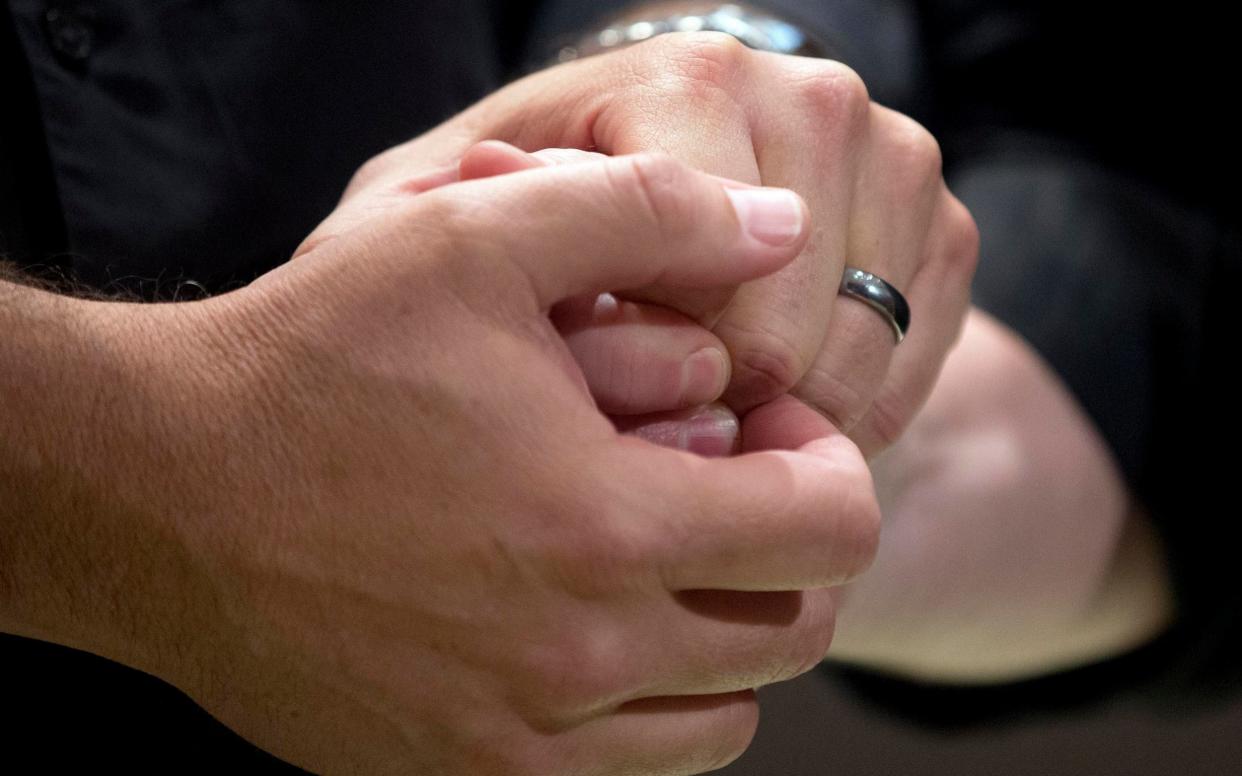Courts may have created accidental bigamists by wrongly applying divorce rules

Courts may have created accidental bigamists by wrongly applying divorce rules, country's most senior family court judge has warned.
Sir James Munby, president of the High Court's family division, issued a warning that in "a number of cases" couples had not followed the rules properly and courts had allowed divorces which were null and void, invalidating later remarriages.
He said that in some cases the problem arose because couples had filed their divorce petition less than a year since the date of the marriage, which is not allowed.
In other cases couples divorcing on the grounds that they were living apart had failed to allow the necessary time to elapse before filing their petition.
Divorce law allows couples to split after two years' separation, if both parties agree to the divorce, and after five years separation if one party does not.
Some couples will now have to file their divorce petition again and lawyers warned that the revelation meant settlements could be reopened and family inheritances called into question.
In guidance for courts, Sir James said they "will wish to be alert to the potentially devastating impact on litigants of being informed that there is a ‘problem’ with their decree, especially if (and this is unlikely to be known to the court when the first communication is made) a litigant who believes that they have been validly divorced has remarried or is due very shortly to remarry.
"Communications should accordingly be expressed in appropriately sympathetic and apologetic language."
The fact that the President has had to issue this guidance suggests there are basic mistakes being made that simply shouldn’t happen.
Margaret Heathcote, chair of Resolution
Andrew Newbury, a partner with Hall Brown Family Law, said the mistakes could be down to a lack of resources.
"In recent years, there has been a succession of court closures, meaning that there are fewer courts now available to deal with family law matters and each, as a result, appears to be handling a far greater volume of cases.
“One unfortunate but inevitable consequence of that situation is that mistakes will be made," he said.
"There is a risk that some individuals who have remarried will now find that their later marriages are in fact invalid because one of the spouses is still legally married to someone else due to their divorce being ineffective."
Margaret Heathcote, chair of Resolution, the family justice body, said about the new guidance, said that the issue could have become more prevalent since an increasing number of people began organising their own divorces.
“With the closure of many courts and fewer resources for the family justice system more broadly, it is inevitable that there will be an impact in one form or another.
"The fact that the President has had to issue this guidance suggests there are basic mistakes being made that simply shouldn’t happen," she said.
"I’ve no doubt that the legal advisers at these divorce centres are working to the best of their ability, but the fact is you can’t drastically cut spending and expect the process to carry on as before. It’s the whole system that needs addressing, not just mistakes by individuals."
Sir James added that a new online divorce form, due to be rolled out across the country, would stop the problem arising.
Resolution said a draft format contained a question asking petitioners if they had been married for more than a year, and if the answer is "no", a message appears telling them that divorce is not possible.

 Yahoo News
Yahoo News 
